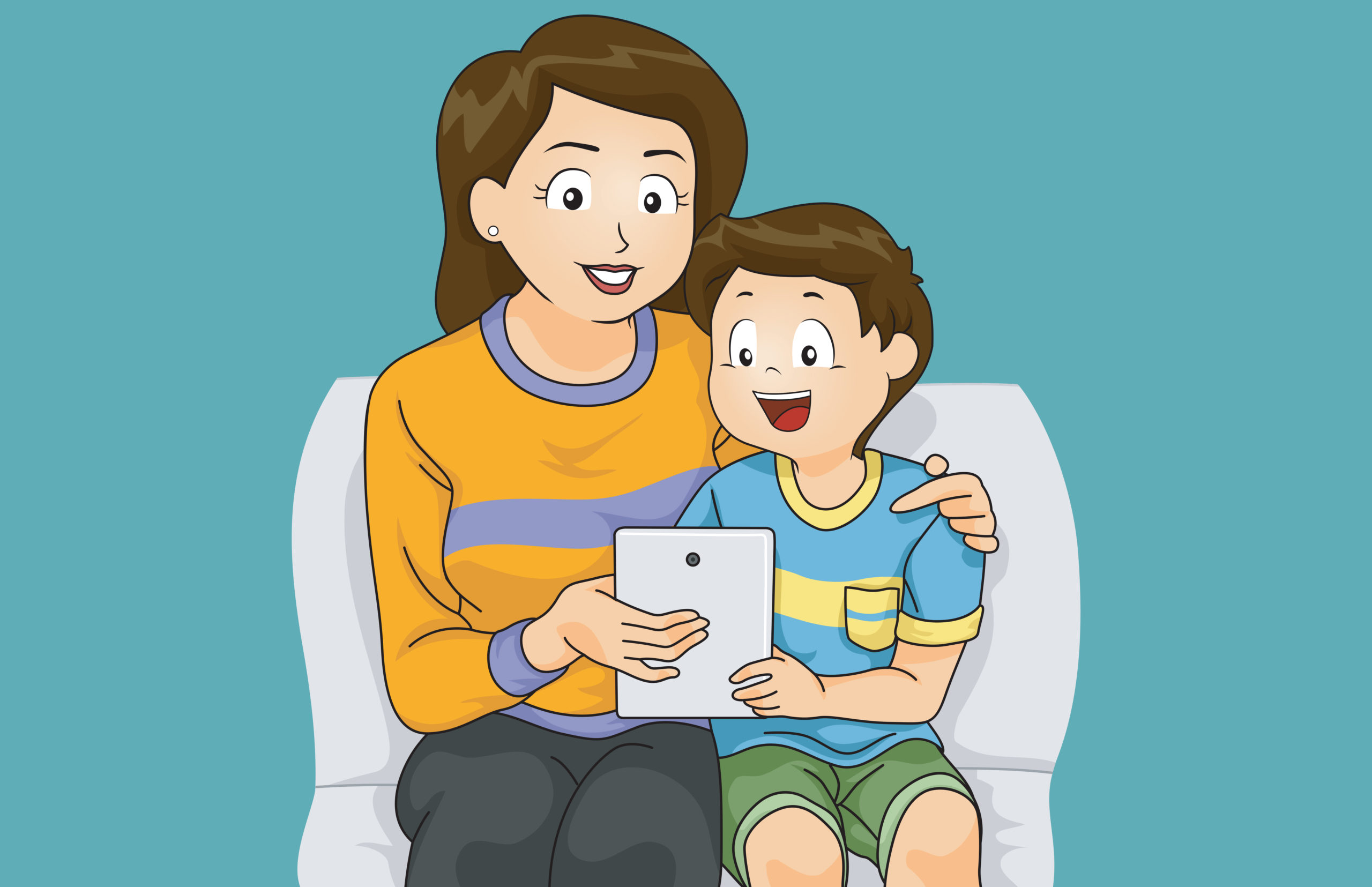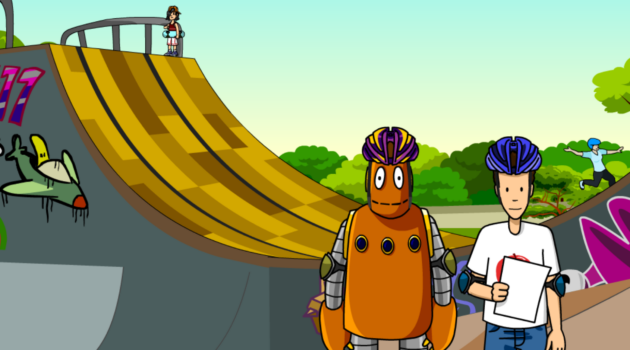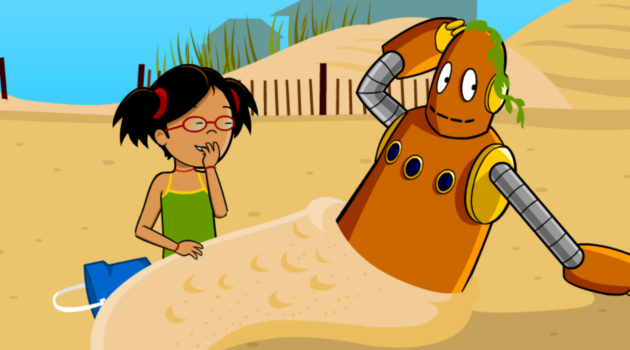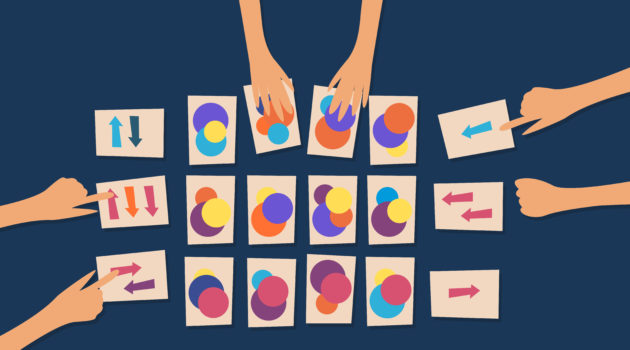Home Learning
Creating Shared Learning Moments: The Power of Family Co-Viewing

At the start of COVID-19 lockdown in March 2020, I found myself living with my six nieces and nephews. In that moment of confusion and uncertainty, my 5-year-old nephew, Jake, found comfort in BrainPOP movies. His curiosity about viruses led him to science movies about bodies, which in turn led to an obsession with his digestive system. In the midst of remote school, Jake turned to BrainPOP for answers to his endless stream of questions. This story might not seem revolutionary—educational tools designed for the classroom can be just as effective for home use—but witnessing Jake engage with BrainPOP opened my eyes to the many ways families can use the platform, starting with addressing kids’ most pressing questions.
During those first few months of the pandemic, I spent hours and hours watching and discussing BrainPOP movies with Jake—including one of his favorite topics, Abraham Lincoln. This was a unique privilege of living with my nieces and nephews, even with all the attendant exhaustion. When we learned together with BrainPOP, we talked about what we saw, asked each other questions, and engaged with the material in ways that enhanced learning for both of us. As a former second grade teacher, the educator in me was thrilled by how effortlessly I was able to create a rich and active learning experience, simply by sitting and talking with my nephew while he used his favorite app.
Cognitive science research finds that repetition and reinforcement are key to achieving knowledge transfer, meaning we need opportunities to apply what we learn to new contexts. There is also academic consensus about the substantial benefits of metacognition, or thinking about our own thinking, which is essential to promoting effective learning. When children reflect on and discuss what they are thinking, they are engaging in a metacognitive process that teaches them to be good thinkers, transferring their learning beyond a single moment. Taking the time to chat with Jake about what we learned on BrainPOP enabled us to flex our cognitive muscles.
As a former second grade teacher, the educator in me was thrilled by how effortlessly I was able to create a rich and active learning experience, simply by sitting and talking with my nephew while he used his favorite app.
Families and caregivers can facilitate the metacognitive process during or after watching a BrainPOP movie, while taking the accompanying quiz, or by playing an associated learning game from the GameUp portal. All of these activities provide opportunities to discuss kids’ observations, thoughts, and questions. Conversation is an essential part of the learning process. It helps new material stick and improves recall. Teachers use these strategies every day.
Beyond deepening understanding, co-viewing and discussion support important social and emotional learning (SEL) skills, like listening to each other. Research also reveals that co-viewing and learning alongside children positively impact relationship building. Conversation creates a serve-and-return interaction that deepens relationships, thereby promoting language and development, and providing insights into what our kids are learning at school, their interests, and their needs.
BrainPOP serves a broad range of audiences, including families—whether they’re sitting together at the computer or snuggled beside each other on the couch exploring their shared curiosity and discussing what they discover. While kids can learn a lot from Annie, Tim, Moby, and the entire BrainPOP cast of characters, the richest discoveries can happen through the conversations that BrainPOP movies inspire.
Wondering how to get started with co-viewing on BrainPOP? Try these tips:
1. Find a cozy spot to watch and learn together.
2. Let kids lead the discussion. What are they curious about?
3. Prime kids before you watch the movie. Ask what they think it will be about, what they hope to learn, or what they already know about the topic.
4. Pause the movie to talk or ask questions.
5. When the movie ends, ask more questions. Recap what you learned.
6. Make connections between what you learn on BrainPOP and what kids are learning in school.
For even more ideas, check out BrainPOP Jr. Tips for Home Viewing!
Sophie Mortner is a science standards alignment specialist for BrainPOP Science, our new middle school solution.






